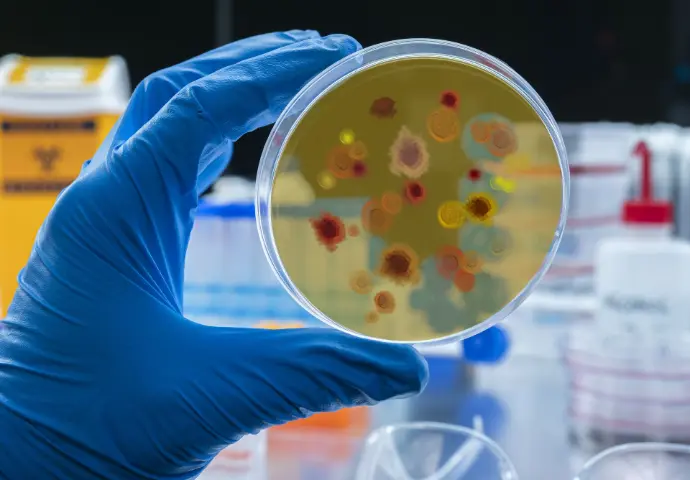BioConferences
"Where microbiology meet innovation"
About the conference
Pharmaceutical microbiology is of crucial importance to the development , biologics and devices. the event will provide essential insights in to the latest advancements in practice and technology, developments in regulation and harmonisation of international practice and evolving methods and the latest technology
Book your event now
The Vision Behind
we explore key issues in data review and analysis, contamination control strategies, strategies for low endotoxin recovery and best practice in sterile and non-sterile manufacture. Hear presentations from the heart of industry, addressing real world case studies on the benefits and challenges of rapid methods, risk assessments and objectionable organisms. Share the wisdom of respected consultants and get the regulators perspective on recent changes and issues under review.
Innovations at the Forefront of Microbiology
Cutting-edge advancements are reshaping the way microbiology is applied in science and industry. From state-of-the-art detection methods to automated systems that enhance accuracy and efficiency, innovation is driving new possibilities for research, quality assurance, and safety monitoring. This session will explore emerging technologies, novel methodologies, and breakthrough applications that are setting new benchmarks in microbial science. Attendees will gain a forward-looking perspective on how these innovations are transforming practices, improving reliability, and opening doors to more efficient, globally harmonised processes.

Building on these advancements, the discussion will also highlight the integration of data analytics, artificial intelligence, and real-time monitoring into microbiological workflows. These tools not only accelerate decision-making but also enhance precision, reduce human error, and enable proactive responses to potential risks. By combining innovative technology with rigorous scientific expertise, the field is moving toward a future where processes are faster, safer, and more adaptable to evolving global standards. Participants will leave with practical insights and a clearer understanding of how to implement these innovations within their own operations.
Rapid Microbial Genome Sequencing
The speed and precision of microbial genome sequencing have advanced at an unprecedented pace over the past decade, with recent breakthroughs proving truly transformative. Next-generation sequencing platforms can now map an organism’s entire genome in just a few hours, replacing days of laboratory work with near real-time results. This rapid turnaround allows teams to respond faster and with greater accuracy, whether they are tracing the source of an outbreak, investigating contamination events, or conducting routine environmental monitoring.
The technology is no longer confined to high-tech laboratories portable sequencing devices are making it possible to perform detailed genetic analysis directly in the field. These compact systems enable rapid identification of microorganisms at the point of need, from remote environmental sites to on-site manufacturing inspections. By combining speed, mobility, and accuracy, modern genome sequencing is reshaping how microbial threats are detected, understood, and controlled, ensuring faster decision-making and more effective interventions.


Artificial Intelligence and Automated Analysis
Artificial intelligence is rapidly revolutionizing microbiological workflows by automating and enhancing complex analytical processes. AI-powered imaging systems efficiently scan Petri dishes, delivering highly accurate colony counts and identifying subtle anomalies that might be missed by human observers. This automation boosts both the consistency and reliability of results while significantly accelerating sample throughput. Beyond imaging, advanced machine learning algorithms analyze vast amounts of environmental and historical data to uncover trends and predict potential contamination risks before they arise. This proactive, predictive approach moves microbiology from reactive troubleshooting to anticipatory control, helping laboratories minimize errors and reduce costly operational downtime. Moreover, by automating routine and repetitive tasks, AI frees microbiologists to focus on strategic problem-solving and innovative research, driving greater scientific insight and operational efficiency.